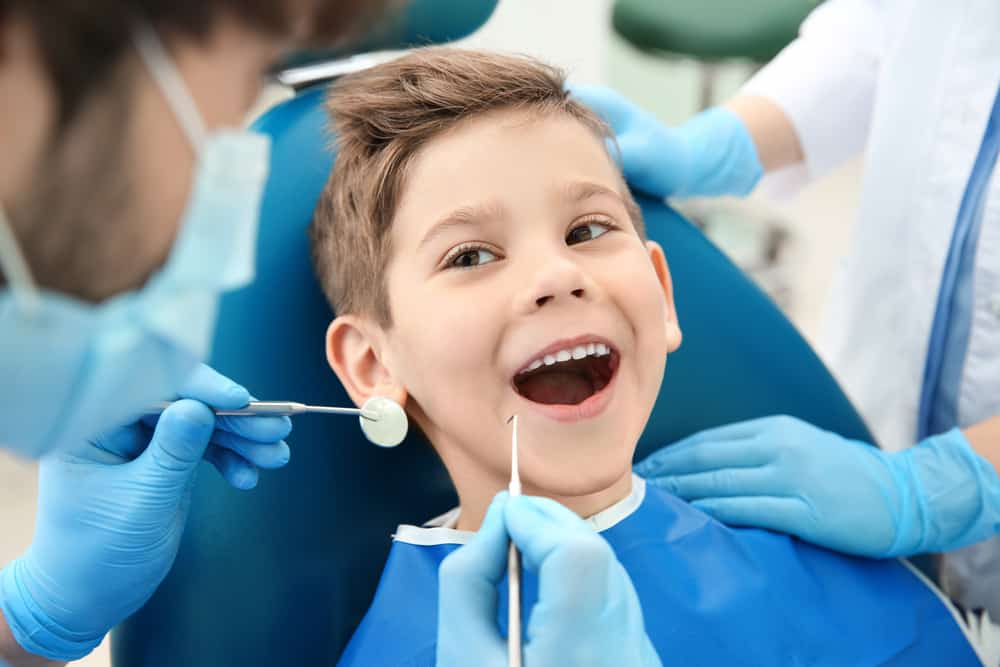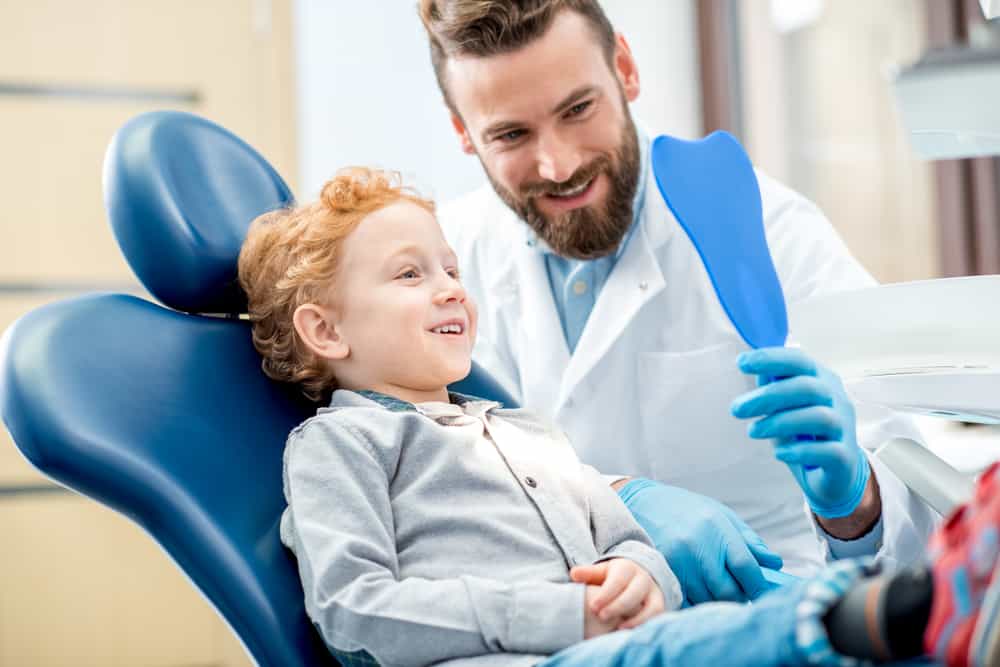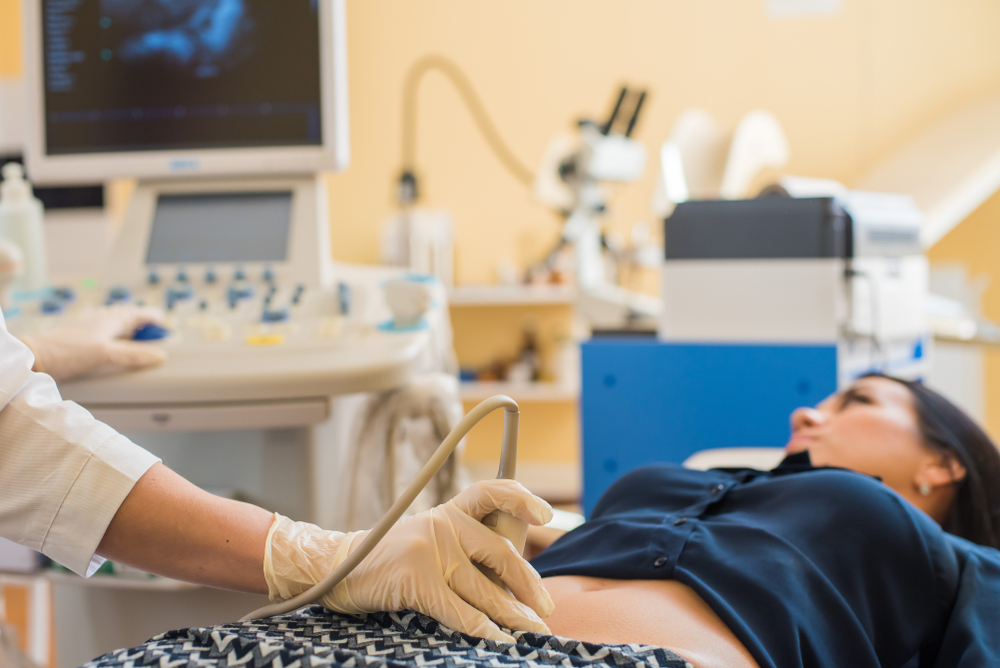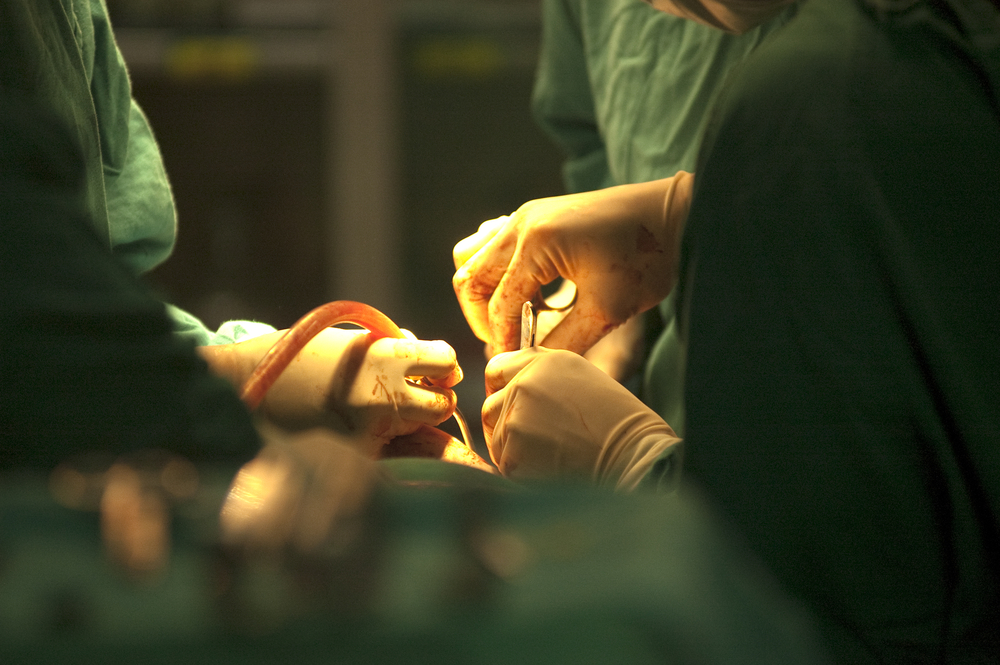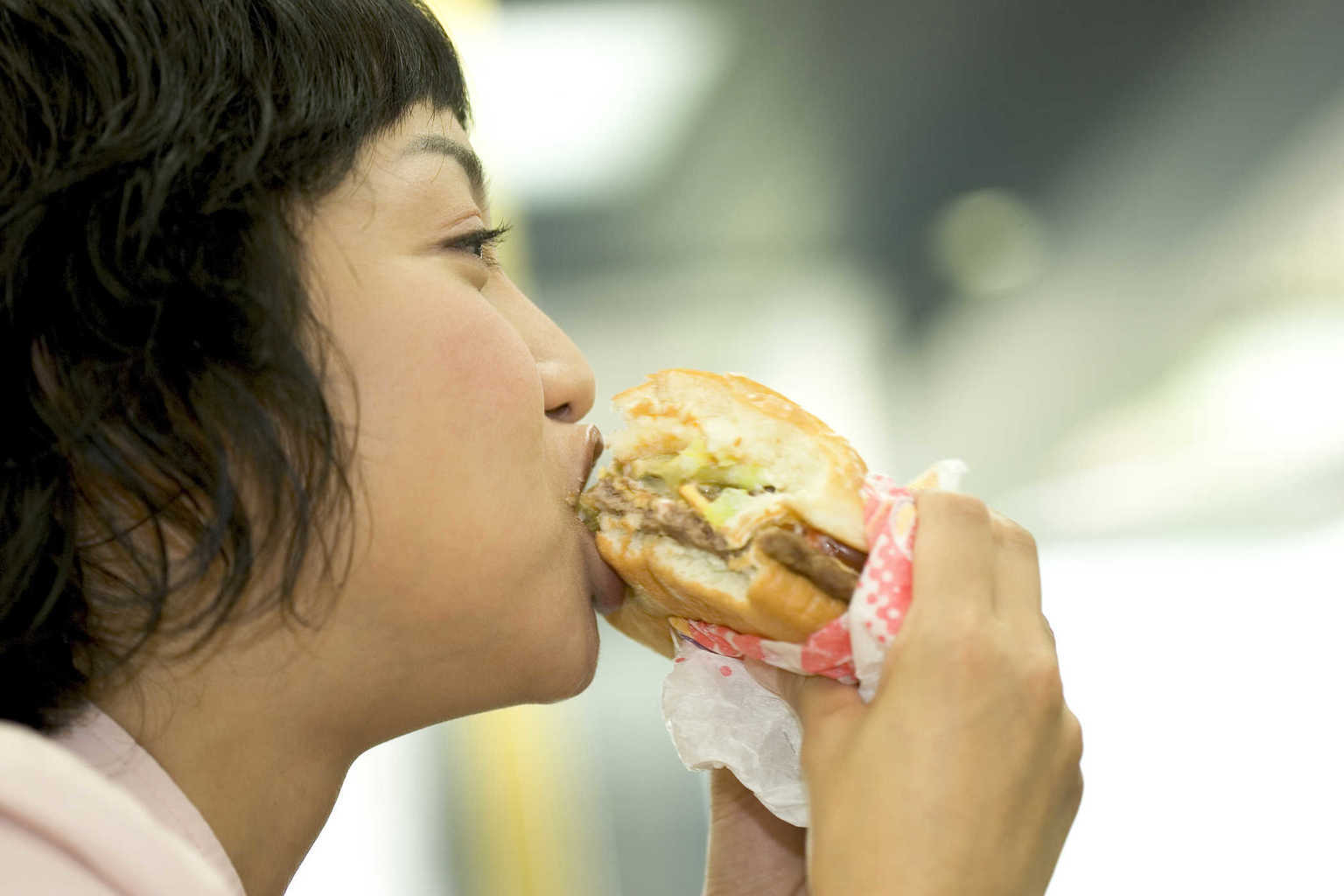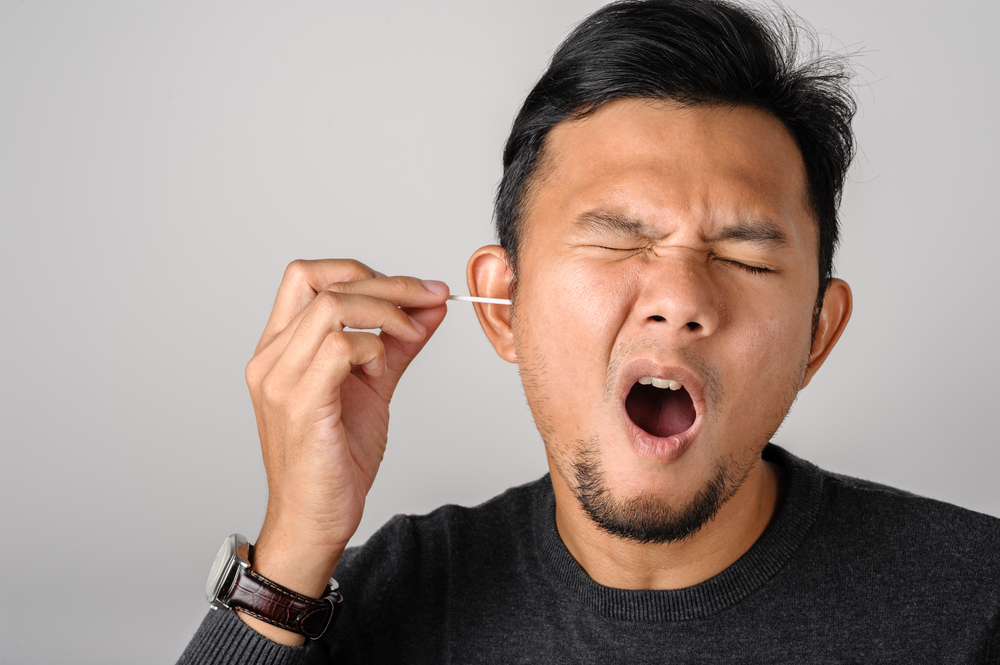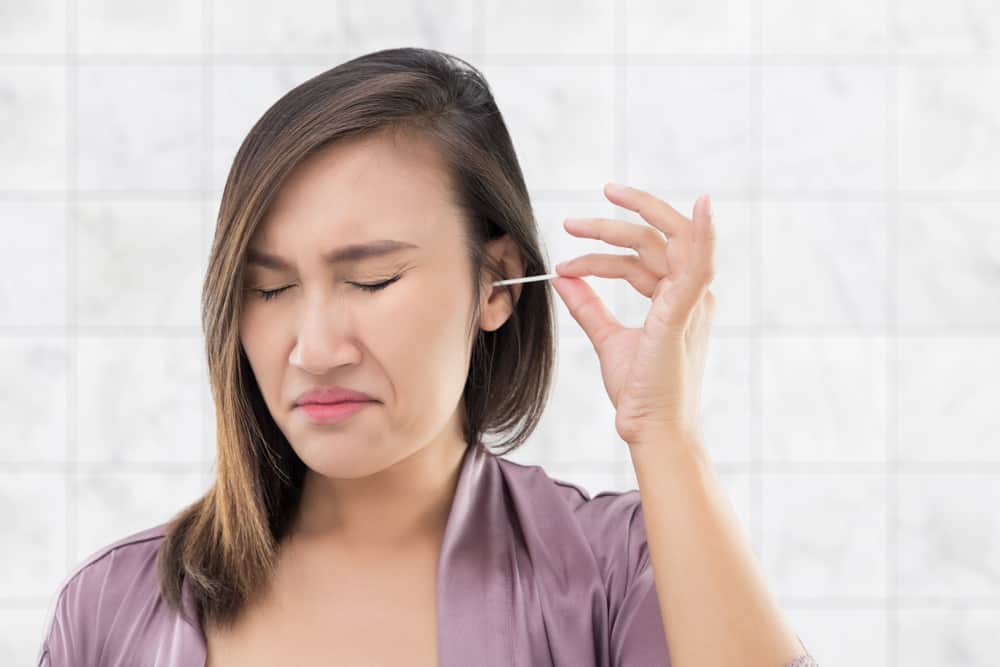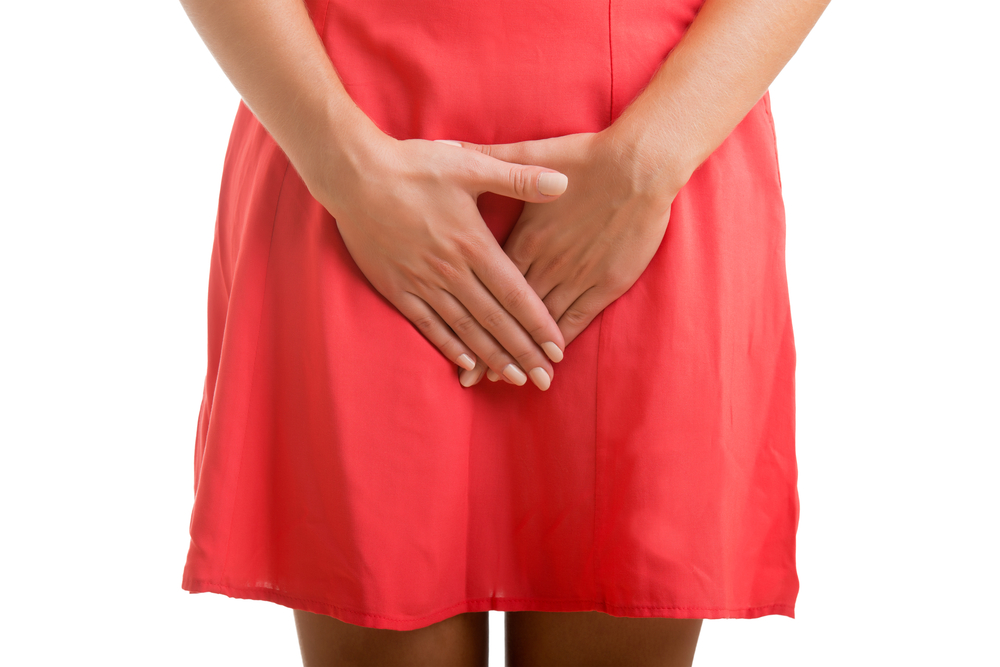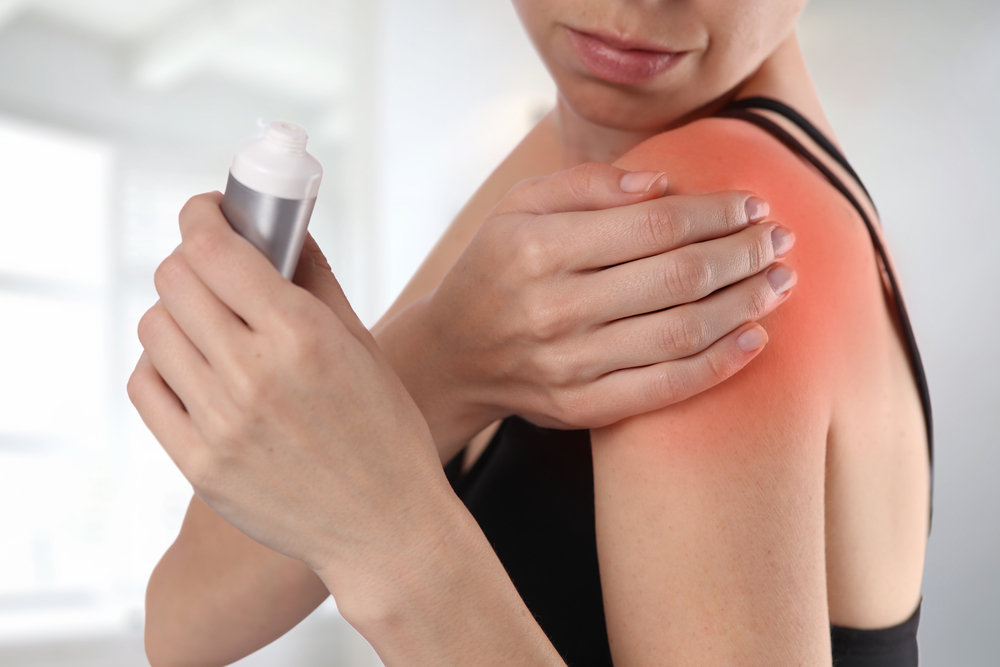Contents:
- Medical Video: Dental Health Check for Kids
- What did the doctor do when checking the child's teeth for the first time?
- Which one should be chosen, a pediatric dentist or an ordinary dentist?
- When should the child do X-ray first teeth?
- Good habits for children's teeth that you must apply at home
Medical Video: Dental Health Check for Kids
The American Dental Association and the American Academy of Pediatric Dentistry state that a child's visit to the dentist should start at the age of 6 months since his first tooth grows and before his first birthday. Maintaining dental health since childhood is the key so that children avoid tooth decay that often occurs. Starting to check the child's teeth early to the dentist helps him to get healthy teeth.
For children, especially toddlers, visiting a dentist for the first time can be a scary thing, even though the child does not fully understand, the tools that look strange to the sound of a loud instrument can cause their own fear. However, parents need to instill in children that going to the dentist is fun and very beneficial.
What did the doctor do when checking the child's teeth for the first time?
The first visit to the dentist is usually short and the doctor only does a few minor treatments. This visit gives your child the chance to meet the dentist in a fun way. Some dentists usually invite parents to sit on the care bench and accompany their children during the process.
Others actually ask parents to wait outdoors during treatment so that the relationship between the child and the dentist can be built more closely.
During a child's dental check, the dentist will check for tooth decay, then examine the child's bite, and see any potential problems with the gums, jaw and mouth tissue. If needed, the doctor will clean the child's teeth and see their fluorine needs. Fluoride helps prevent tooth decay by making teeth more resistant to acid attacks from bacterial plaque and sugar.
In addition, the doctor will also notify parents about the basics of caring for a child's oral health and discuss the developmental problems of a child's teeth.
Topics that your dentist might discuss usually include:
- Good oral hygiene practices for your child's teeth and gums and cavity.
- Need for fluoride.
- Mouth-related habits such as sucking your thumb and sucking or biting your lips.
- Overcoming teething in children.
- The right nutrition for children's teeth.
- Dental check schedule. Usually doctors recommend to come every 6 months. This is not only done to monitor the development of teeth, but also to develop children's closeness and trust in the dentist.
Which one should be chosen, a pediatric dentist or an ordinary dentist?
When you want to check your child's teeth, you may be confused about the difference between a pediatric dentist and an ordinary dentist. Child dentists and ordinary dentists have significant differences. A pediatric dentist has two years of additional training outside of dental school. This training focuses on the management and care of children's teeth, children's behavior, children's physical development, and other matters relating to the special needs of children related to dental and oral health.
Basically, even though a regular dentist can handle the care of your child's dental and oral health, there are usually interesting things that can be a plus if you invite your baby to a pediatric dentist. Dentists, staff, and room decor are all adapted for children. This usually makes the child more comfortable and reduces the horror of the image of the dentist in general. Maybe even going to the dentist can be interesting for children.
When should the child do X-ray first teeth?
There are no specific rules governing when children should start dental X-rays. However, it should be noted that there are some children who have to do the procedure earlier. Namely children who are at high risk for dental problems, such as children who use pacifiers, children who have cleft teeth or problems with the palate.
Generally this is done when children aged 5 to 6 years. At this age adult teeth begin to grow. X-rays play an important role in helping doctors see if all adult teeth grow in the jaw. It is also important to know whether teeth that grow clean and healthy.
Good habits for children's teeth that you must apply at home
In addition to the dentist, some of the habits below you need to apply at home so that your child is protected from dental and mouth problems, including:
- Stop the habit of sucking on the child as soon as possible. For example, your child has a habit of thumb sucking or drinking milk through a pacifier, so this habit needs to be removed as soon as possible because it can cause problems in the teeth later.
- Choose a small and soft toothbrush. Don't forget to change your toothbrush every three months.
- Use toothpaste just the size of corn on a toothbrush. The dose is enough to give fluoride to the child. Do not give toothpaste along the brush because it can damage the mouth and teeth if it is too excessive.
- Help your child brush their teeth. The American Academy of Pediatric Dentistry recommends that children under 8 years brush their teeth with the help of parents.
- Avoid snacks that contain flour and sugar because they are easier to stick to the teeth and increase the risk of decay.
- If the child cannot brush his teeth, rinse his mouth with water to clean the remaining food particles and sugar.
Checking the child's teeth to the doctor is the duty of each parent. The thing to remember is to never make going to the dentist a threat or punishment if you don't want your baby to be afraid to go to the dentist.

